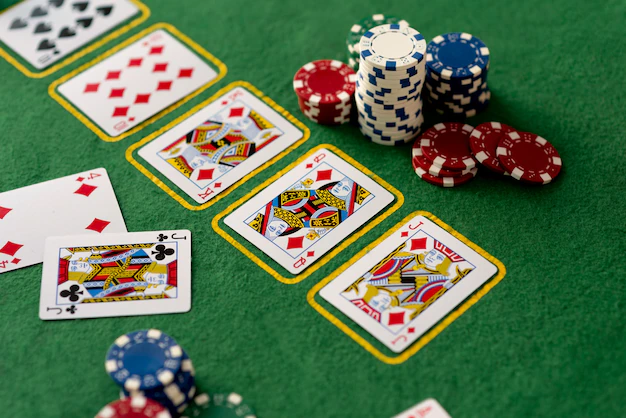Whether you’re a beginner or an experienced gambler looking to refresh your knowledge, understanding the process behind obtaining a gambling license is essential. In this blog post, we’ll be covering all you need to know. Stick around if you want to make sure that your gaming activities are being done legally!
What is a gambling license?
A gambling license is an official document that authorizes individuals or businesses to engage in gaming activities, such as offering virtual gaming services, hosting betting activities, and other forms of gaming that are subject to regulation. The license is usually issued by the government or regulatory body in a specific country or geographic location.
Having a gambling license is essential for any business that wants to legally offer gaming services. It shows that the provider is compliant with any applicable laws and regulations, as well as providing a measure of safety for players. A license also helps to protect the provider from potential legal issues and provides customers with the assurance that their gaming experience is secure.
Pros and cons
Having a gambling license has many advantages, including access to more markets and increased customer trust. It also helps to protect the provider from potential legal issues, which can help to safeguard their business.
However, there are some downsides to having a gambling license. It can be expensive to acquire, and the process can be lengthy. Additionally, there may be restrictions on the types of games that can be offered under certain licenses.
What types of gambling licenses exist?
When it comes to gambling licenses, there are two main types:
- Class A licenses. They allow a person to operate any type of gambling operation, such as casino games, sports betting, and lotteries. These are the most comprehensive licenses available and are typically the most expensive to obtain.
- Class B licenses. They’re more limited in scope but can still cover a wide range of gambling activities. These can include things like bingo, raffles, and games of skill. They’re also typically cheaper to obtain than Class A licenses.
No matter which type of license you decide to go for, there are a few things to consider before applying. You’ll need to check the local laws and regulations in your area, as these can vary from state to state. You’ll also need to make sure that you meet all of the requirements set by the licensing board.
Finally, you’ll need to keep track of any fees or taxes associated with the license, as these can vary depending on the type of gambling operation you’re running.
How to get a gambling license?
Gambling can be a thrilling activity, and now it’s easier than ever to make it an official part of your business. All you need is the right license — and fortunately, there’s a straightforward way to achieve that: simply follow our guide for getting your gambling license!
Determine the type of gambling license you need
Before you can apply for a gambling license, you must first determine what type of license you need. Different countries, states, and provinces have different regulations for gambling, so you’ll need to research what type of license is required in your jurisdiction.
Gather the necessary paperwork
After you’ve determined the type of license you need, you must then collect all the necessary paperwork. This includes documents that demonstrate you’re a responsible operator.
Submit your application
Once you’ve gathered all the necessary paperwork, you must submit your application to the relevant gambling authority. Depending on your jurisdiction, this may be a national or local body. Make sure you include all the necessary documents and provide any additional information requested by the gambling authority.
Wait for approval
After submitting your application, the gambling authority will thoroughly examine it and determine whether or not to grant you a license. If approved, you’ll be given an official certificate of approval.
As you can see, getting a gambling license isn’t as complicated as it may seem. With the right documents and information, you can be well on your way to obtaining your very own license. That said, it’s important to remember that each jurisdiction has different regulations and requirements for obtaining a gambling license. Make sure you do your research and are prepared before applying.
We hope this guide has helped show you how to get a gambling license. Good luck on your journey and may the odds be ever in your favor! If you have any questions, don’t hesitate to reach us and ask anything. We’ll answer all of your questions as soon as possible so that you can move forward with confidence.
